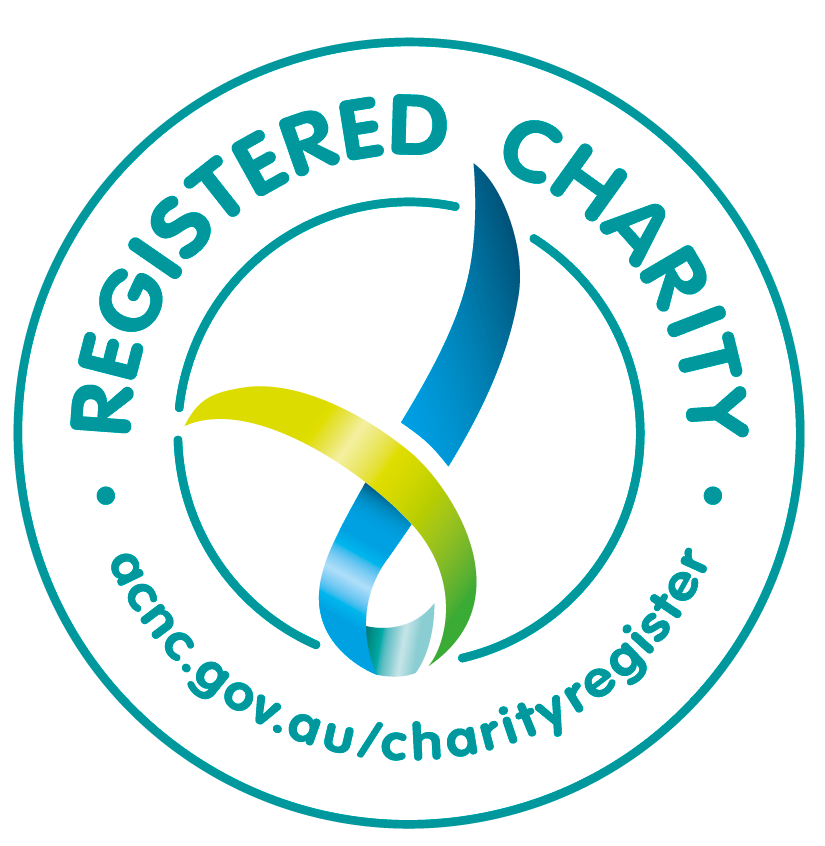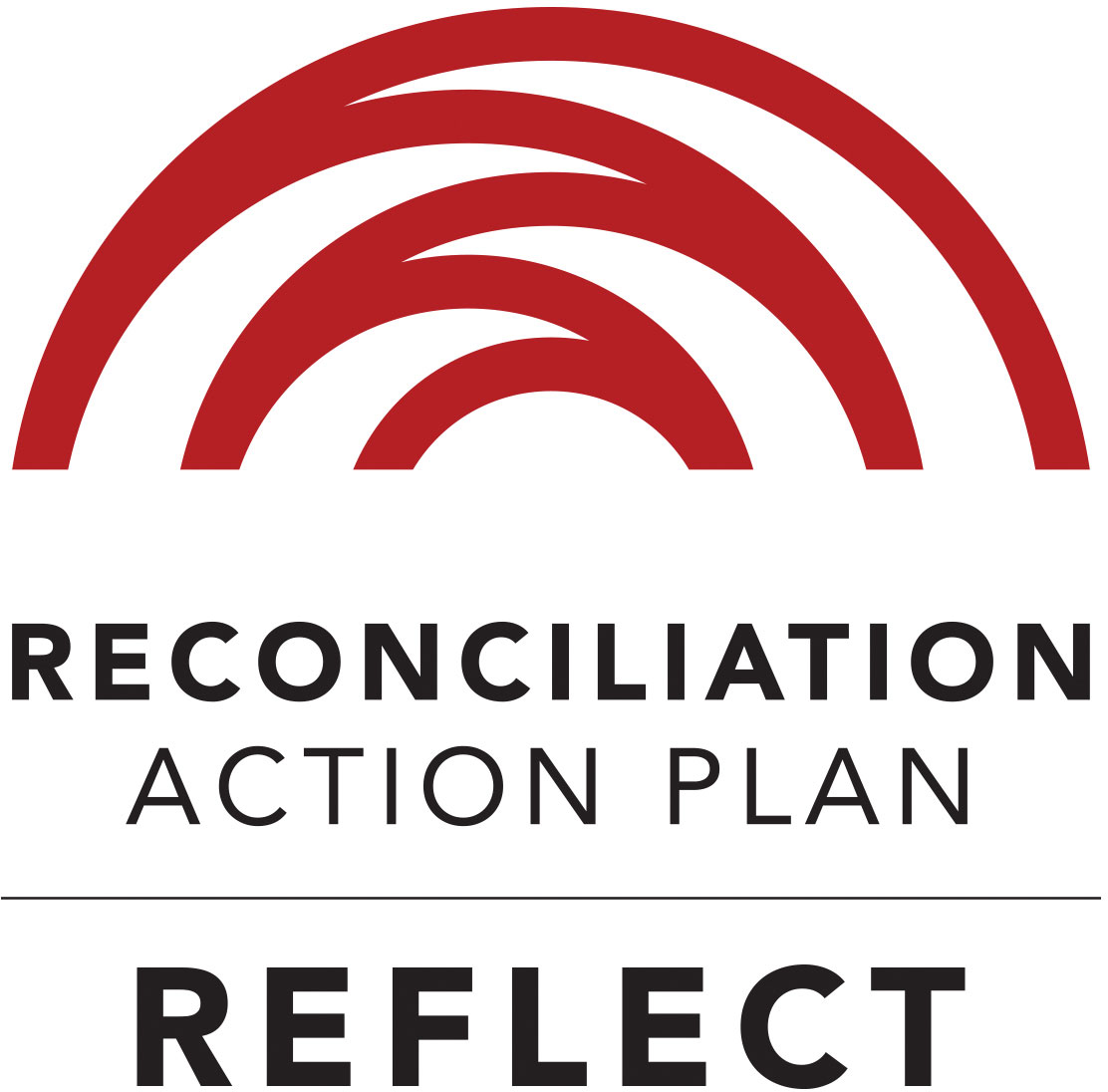More pages in this section
What to do during a mental health crisis
When someone you know is having a mental health crisis, you need to know everything you can do to make sure that person feels comfortable and help that person to manage the extreme pressure they might feel.
Please note that selectability is not a crisis response service. If you or someone you care about is in immediate need of support, contact:
- Suicide Call Back Service 1300 659 467
- Lifeline 13 11 14
- Kids Helpline 1800 551 800
- Standby - Support After Suicide 0438 648 268
There are numerous strategies to support a person in distress or crisis – if you or someone you love is not in immediate danger, there are other ways to provide support. selectability has put together this guide on what to do during a mental health crisis.
Signs of a potential mental health crisis
Everyone is different and handles things in their own way. When an individual is experiencing a mental crisis, the signs may not always be the same as others. The underlying cause of a breakdown can also impact the nature of the symptoms that a person might encounter. Someone experiencing a mental health crisis may show signs or symptoms that are:
- Psychological
- Behavioural
- Physical
People going through a mental crisis may also withdraw from friends, family, or co-workers. Picking up on critical changes in an individual’s mood or behavioural patterns can help to predict a mental breakdown and will be crucial in the prevention or providing support.
What can trigger a mental health crisis?
While there isn’t a standardised list of what can cause a mental health crisis, there are a couple of things that you, as a loved one, can look out for. As everyone responds to circumstances differently, if any of the following sounds familiar with a friend or loved one, it is essential to keep a watchful eye on their behaviour and mood.
- losing a job
- financial hardship
- severe illness
- upsetting news
- a traumatic event
- work-related stress or conflict
- parenting stress
- loss of a partner
How to talk to someone having a mental breakdown
Perhaps the most important part of knowing what to do during a mental health crisis is knowing how to talk to someone having a mental breakdown. Here are a few tips to remember when speaking to someone you think may be having a crisis:
- Make sure that you give the person plenty of opportunities to speak and choose what they want to discuss.
- Select an appropriate time and place to have the conversation, one where you both feel comfortable and are free from interruptions.
- Keep it very clear that you have concerns about the individual’s health and safety in the conversation.
- Direct the conversation away from “you” statements and use language like “I have noticed” or ‘I feel concerned.”
- Respect that a person’s interpretations of their own feelings are equally as valid as your concerns.
- Ask the person if they need help managing their feelings, don’t demand they see a professional.
How to help someone having a breakdown
If a family member or another loved one is having a mental breakdown, you must treat the situation very carefully. Remember these key points to being supportive and helpful of someone having a mental breakdown:
- Remember to treat your friend or family member with dignity and respect.
- Don’t blame the individual for their mental illness.
- Be consistent with your emotional support.
- Listen to what the person has to say.
- Have information prepared on resources that person can access for more professional help.
- Encourage them to maintain their connections with family and other friends.
Strategies to support a person in distress or crisis
You may be wondering what to do during a mental health crisis when the symptoms are more severe. In this case, you might need to seek more immediate help.. If you feel like someone you know is going through a severe mental crisis and don’t feel equipped to handle the situation correctly, it is vital you reach out to a professional organisation and counselling service:
Beyond Blue: 1300 2224 636 – Available 24/7.
Lifeline: Call 13 11 14, text on 0477 13 11 14 (12pm to midnight AEST) or chat online. Lifeline provides 24-hour crisis counselling, support groups and suicide prevention services.
Early warning systems and selectability
selectability offers several mental health training programs, workshops, and events that can improve your skills regarding the strategies to support a person in distress or crisis. Selectability Training offers a variety of Mental Health First Aid courses to prevent suicide and effectively respond to a mental health crisis. These courses will demonstrate to you how to talk to someone having a mental breakdown and how to help someone having a breakdown, all in a straightforward, easy to understand format that will ensure the process sticks with you in times of need. If you are looking to upskill yourself in dealing with mental health, contact selectability today to get enrolled in a program.
USEFUL LINKS





selectability acknowledges the Traditional Owners of the land on which we provide services and pay our respects to Elders past, present and emerging. We acknowledge those with lived experience and those who support and partner with us to improve mental wellbeing and prevent suicide across regional Queensland.

